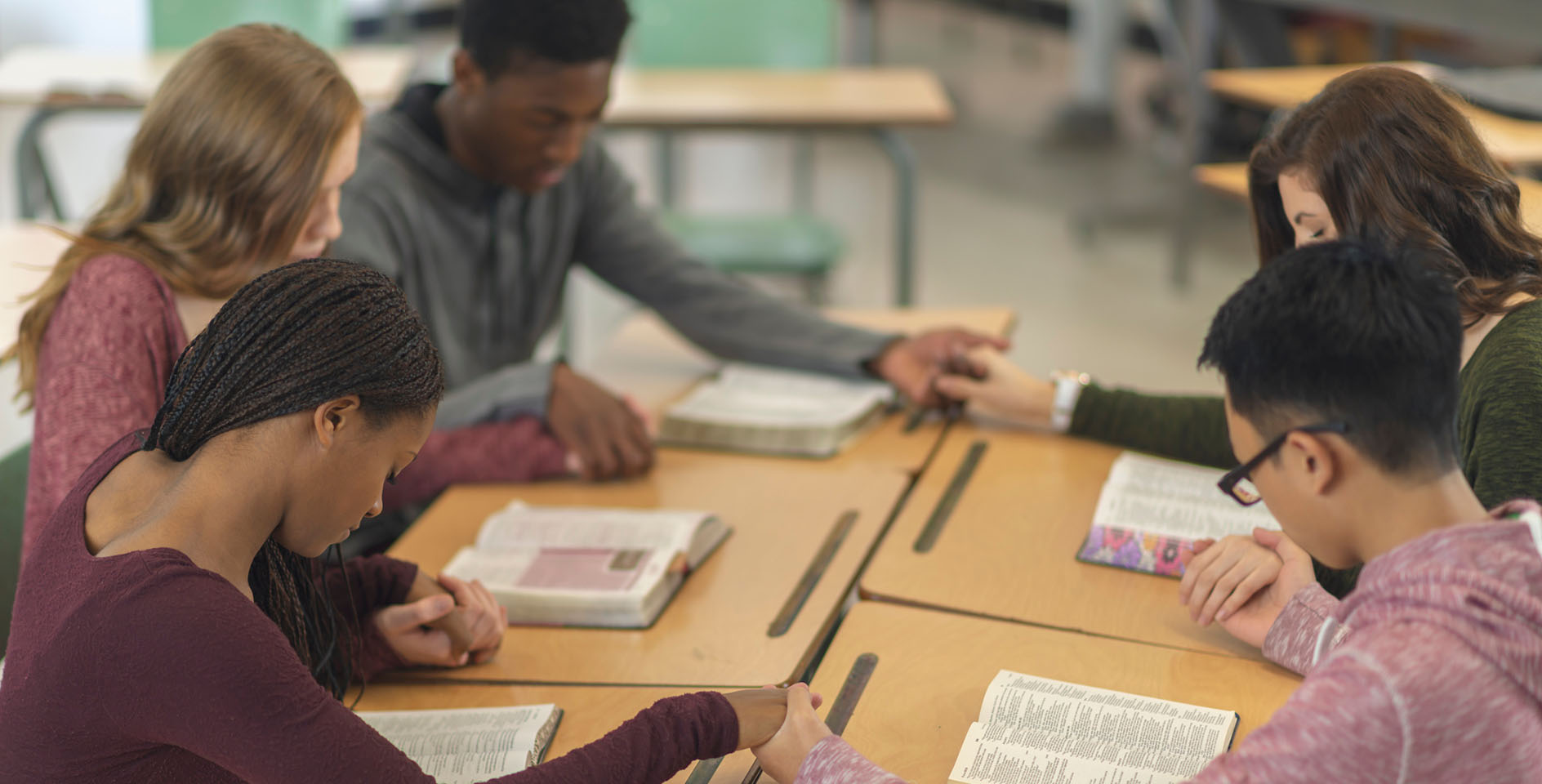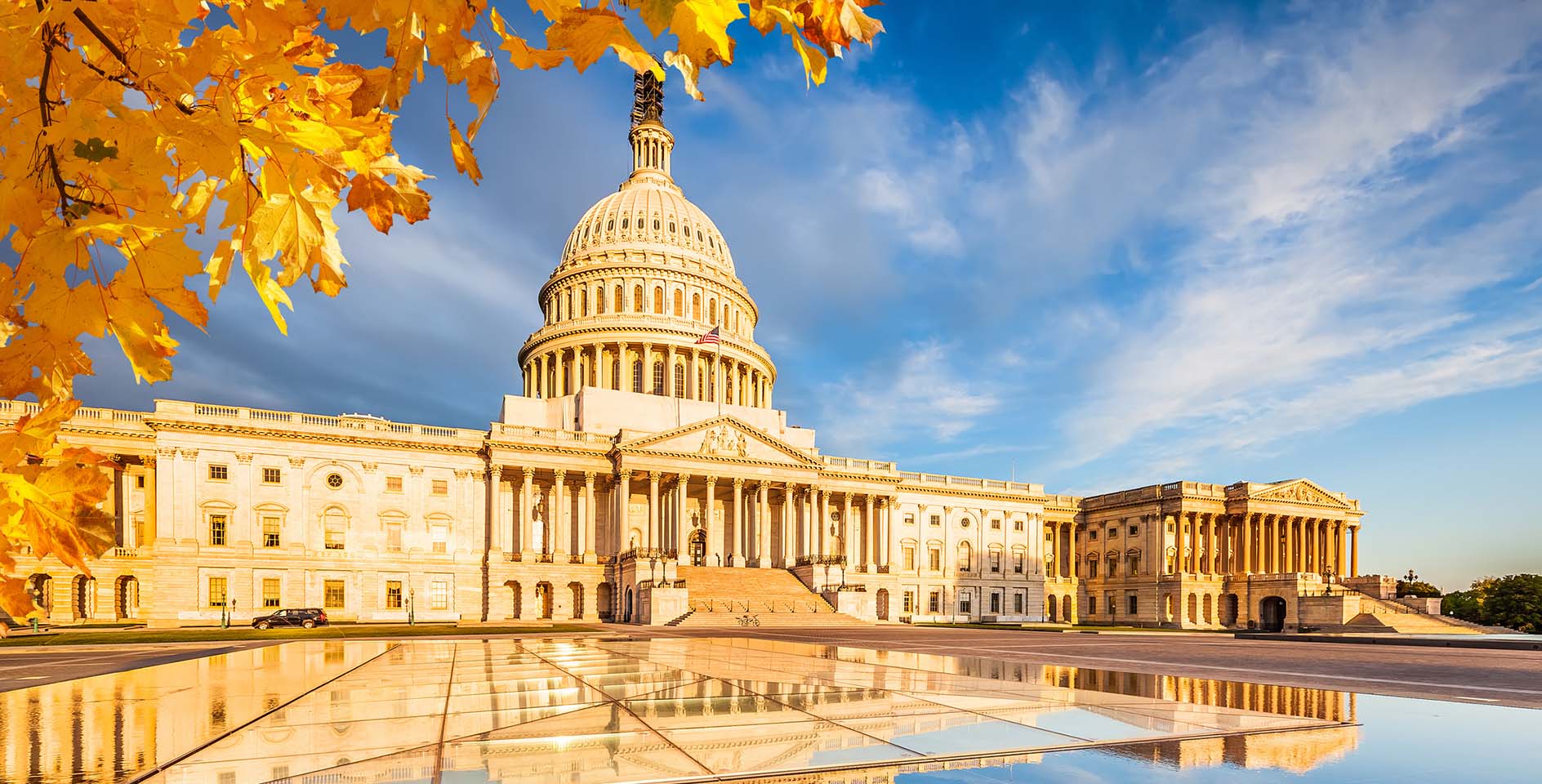A survey by Pew Research taken in 2019 found the vast majority of Christian teenagers (86%) attend public schools. Even among evangelicals, the Christian group with the most children being homeschooled or in private school, the rate is more than 3 in 4 (82%). Yet while most teens (68%) report seeing at least one type of religious expression or activities in their public schools often or sometimes, fewer than half (41%) say they commonly see more than one of the most common religious behaviors, such as praying at lunch or inviting a classmate to church.
The reason for the lack of expression may be because students have misperceptions of what is allowed in public schools. Many students and parents are aware that the U.S. Constitution, through the First Amendment, guarantees the right of freedom of religion and expression for every citizen. But they might not know that these rights don’t end when students step onto school grounds or when parents interact with public educational institutions.
Here’s an overview of these rights and how they apply to Christian parents and students in public schools:
The right to pray — While mandatory prayer orchestrated by schools is unconstitutional, students have the right to pray voluntarily. This means Christian students can pray before meals, before tests, or during any free moments. They can do so individually or in groups, as long as it’s not disruptive. Additionally, schools cannot interfere with or discourage these private prayers.
The right to express religious beliefs — Students have the right to express their beliefs in assignments, artwork, or other school activities unless it disrupts the educational process. For instance, if a student decides to write an essay on Jesus as their hero, they should be graded based on the quality of their work, not penalized because of the religious content.
The right to form religious clubs — Under the Equal Access Act, if a school allows non-curricular clubs, it cannot deny students the right to form religious clubs, including Christian clubs or pro-life clubs. These clubs should have the same access to facilities and announcement systems as other clubs.
The right to wear religious symbols — In general, Christian students have the right to wear religious symbols. However, any restrictions should be consistent and apply to all type of belief or non-belief. For instance, if a school bans all necklaces for safety reasons, then this would apply to religious symbols as well.
Opting out of assignments or activities — Christian parents have the right to request that their child be exempt from an activity or assignment that conflicts with their religious beliefs. Schools usually handle this on a case-by-case basis, but generally, an alternative assignment or activity will be provided.
Access to religious materials — Just as students can access non-religious materials in school libraries, they should be able to access Bibles or other Christian literature. Schools cannot prevent students from reading religious materials during free reading times.
Celebrating religious holidays — While public schools can’t endorse or promote a particular religious holiday, they can teach about them. Students are also allowed to say “Merry Christmas” or “Happy Easter” and share their personal beliefs about these holidays.
Distribution of religious material — While schools can set limits on where and when materials are distributed to prevent disruption, they can’t single out religious materials for special restrictions. If a student wants to hand out Christian flyers or invitations to a church event, they have that right, given that they follow the same rules applied to non-religious materials.
The right to involve legal authorities or counsel — If Christian parents or students believe their rights are being violated, they have every right to seek legal advice or involve authorities to ensure their rights are upheld.
It’s important to note that while Christian students and parents have these rights, we also have the responsibility to exercise our liberty in a respectful manner and in a way that doesn’t infringe on the rights of others (Romans 12:18). Mutual respect and understanding are key to coexisting harmoniously in an educational setting where there is a diversity of religions and belief systems.
Public schools serve a diverse population, and while they are secular institutions, they should respect and accommodate the religious freedoms of all students and parents, including Christians. Awareness of these rights ensures that Christian parents and students can confidently navigate the public school system while upholding our religious beliefs and expressions.









